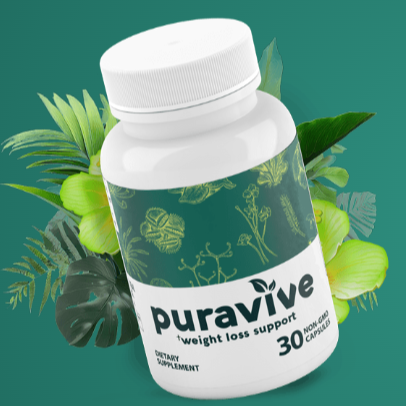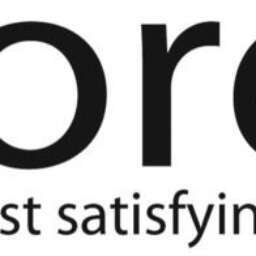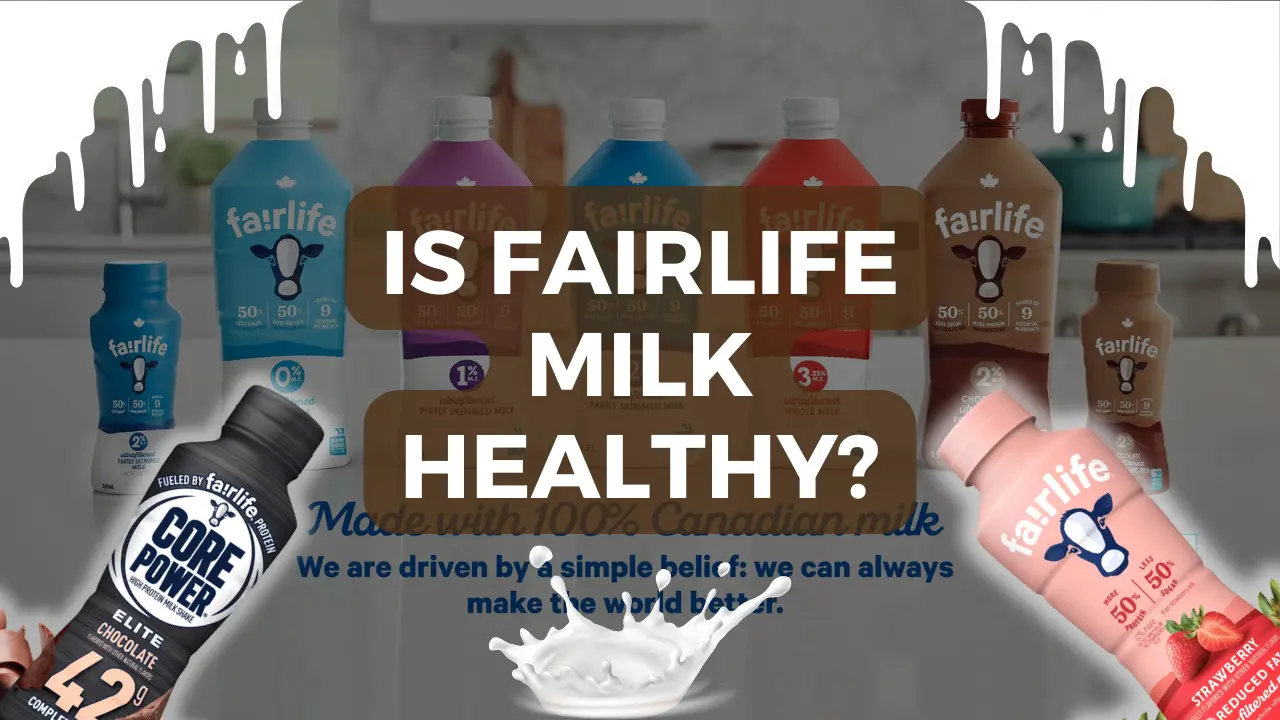Is Fairlife Milk Healthy? In a world where health-conscious choices are paramount, the quest for nutritious dairy alternatives is ever-growing. Fairlife Milk emerges as a promising contender in this landscape, boasting enhanced nutritional benefits compared to traditional milk varieties.
What is Fairlife Milk?
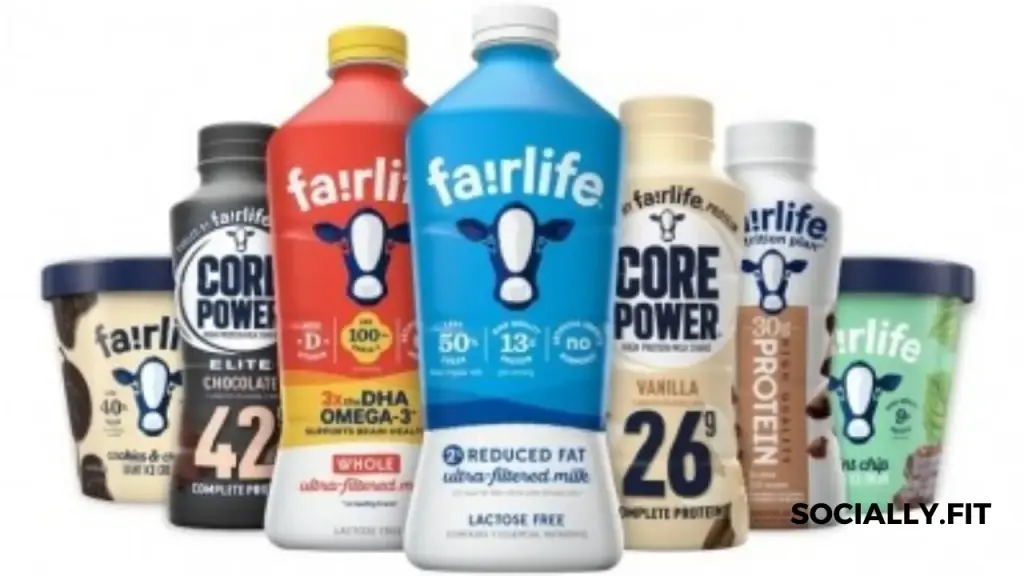
Fairlife Milk represents a revolution in dairy production, leveraging advanced technology to create a premium product. Its journey began with a vision to optimize milk’s natural goodness. Addressing modern dietary preferences and concerns.
Fairlife Milk traces its origins to the innovation hub of the dairy industry. Where a team of experts sought to redefine the standards of milk production. Through a meticulous process of research and development, they engineered a breakthrough formula. This formula sets Fairlife apart from conventional dairy products.
Nutritional Advantages of Fairlife Milk
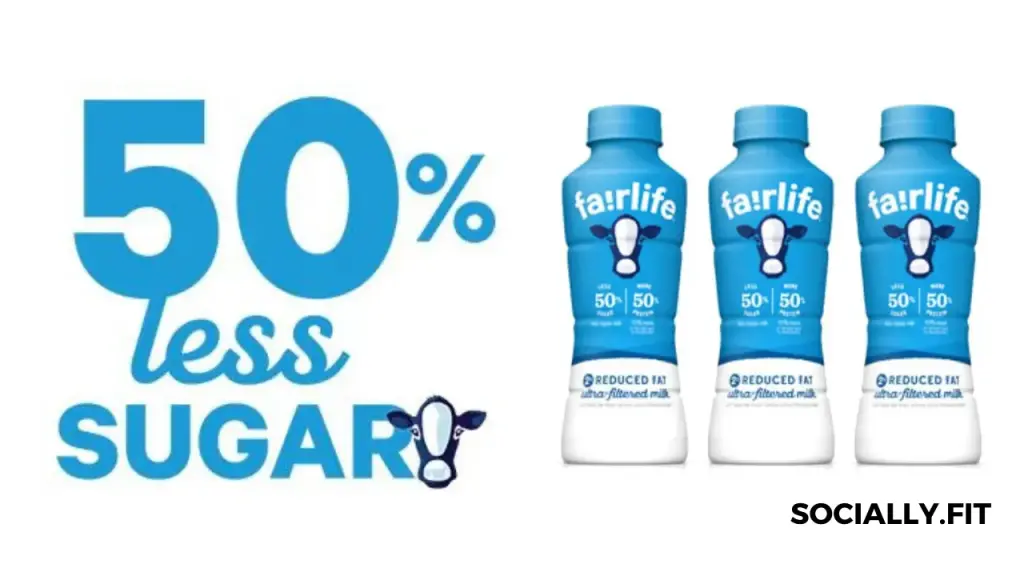
- High Protein Content: Fairlife Milk contains a higher protein content than regular milk, making it an excellent choice for supporting muscle growth and repair.
- Reduced Sugar: With lower sugar content, Fairlife Milk offers a healthier alternative for those watching their sugar intake.
- Enhanced Calcium Absorption: The added vitamins and minerals in Fairlife Milk contribute to improved calcium absorption, promoting stronger bones and teeth.
- Increased Nutrient Density: Fairlife Milk is fortified with essential nutrients, enhancing its overall nutritional value compared to traditional milk.
- Improved Digestibility: The filtration process used in Fairlife Milk production results in a smoother texture and easier digestibility.
- Lactose-Free Options: Fairlife offers lactose-free varieties, catering to individuals with lactose intolerance or sensitivity.
- Lower Fat Content: Fairlife Milk typically contains less fat than regular milk. Making it a suitable option for those watching their fat intake.
- Longer Shelf Life: Due to its ultra-pasteurization process. Fairlife Milk has a longer shelf life than traditional milk, reducing waste and ensuring freshness.
- Versatility in Use: Fairlife Milk can be used in various recipes and applications. From beverages to cooking and baking, offering versatility in the kitchen.
- Sustainable Production: Fairlife Milk contributes to environmental conservation and ethical dairy farming by employing sustainable practices in its production.
These advantages make Fairlife Milk a compelling choice for individuals seeking a nutritious and wholesome dairy option.
Fairlife Milk vs. Regular Milk: A Comparative Analysis
| Aspect | Fairlife Milk | Regular Milk |
|---|---|---|
| Protein Content | Higher protein content | Lower protein content |
| Sugar Content | Lower sugar content | Higher sugar content |
| Fat Content | Lower fat content | Higher fat content |
| Calcium Content | Comparable or higher | Standard calcium content |
| Vitamin Content | Fortified with additional vitamins | Natural vitamin content |
| Lactose Content | Lactose-free options available | Contains lactose |
| Shelf Life | Longer shelf life | Shorter shelf life |
| Processing Methods | Ultra-filtration process | Standard pasteurization |
| Environmental Impact | Sustainable production practices | Conventional dairy farming |
| Cost | Generally higher cost | Lower cost |
Deep Analysis
- Protein Content: Fairlife Milk offers a higher protein content compared to regular milk, making it an attractive option for individuals looking to increase their protein intake without consuming additional calories.
- Sugar Content: Fairlife Milk boasts a lower sugar content, making it suitable for those monitoring their sugar intake, such as individuals with diabetes or those following a low-sugar diet.
- Fat Content: Individuals seeking to reduce their dietary fat intake without compromising taste or nutrition favor Fairlife Milk due to its lower fat content.
- Calcium Content: Fairlife Milk either matches or exceeds the calcium content of regular milk, ensuring adequate calcium intake for bone health and overall well-being.
- Vitamin Content: Fairlife Milk is often fortified with additional vitamins, providing an extra nutritional boost compared to regular milk, which relies solely on natural vitamin content.
- Lactose Content: Fairlife offers lactose-free options, catering to individuals with lactose intolerance or sensitivity, whereas regular milk contains lactose, which may cause discomfort for some individuals.
- Shelf Life: Fairlife Milk has a longer shelf life due to its ultra-filtration process, allowing for extended storage without compromising quality or taste.
- Processing Methods: Fairlife Milk undergoes an ultra-filtration process, which removes impurities and enhances nutritional value.
- Environmental Impact: Fairlife Milk reduces its environmental footprint by using sustainable practices in production, compared to conventional dairy farming methods associated with regular milk production.
- Cost: Fairlife Milk typically comes at a higher price point compared to regular milk due to its advanced processing methods and added nutritional benefits.
Understanding Fairlife Milk: What Makes It Healthy?

- Enhanced Protein Content: Fairlife Milk boasts a higher protein content compared to traditional milk varieties. This makes it an excellent choice for individuals looking to support muscle growth and repair.
- Reduced Sugar: By minimizing added sugars, Fairlife Milk provides a healthier option for individuals looking to manage their sugar intake without sacrificing taste or nutrition.
- Lower Fat Content: Fairlife Milk typically contains less fat than regular milk, making it a suitable choice for those watching their fat intake.
- Added Nutrients: Fairlife Milk is often fortified with additional vitamins and minerals, such as calcium and vitamin D. These added nutrients contribute to supporting bone health and immune function.
- Lactose-Free Options: For individuals with lactose intolerance or sensitivity, Fairlife offers lactose-free options, allowing them to enjoy the benefits of milk.
- Longer Shelf Life: Due to its unique ultra-filtration process, Fairlife Milk has a longer shelf life compared to traditional milk.
- Sustainable Production: Fairlife Milk is produced using sustainable farming practices, prioritizing animal welfare and environmental stewardship.
- Versatility in Use: Fairlife Milk can be used in a variety of culinary applications, from beverages to cooking and baking.
- Digestibility: The filtration process used in Fairlife Milk production results in a smoother texture and easier digestibility compared to regular milk.
- Consumer Satisfaction: Overall, Fairlife Milk has garnered positive feedback from consumers who appreciate its nutritional benefits, taste, and convenience.
Exploring the Health Benefits of Fairlife Milk
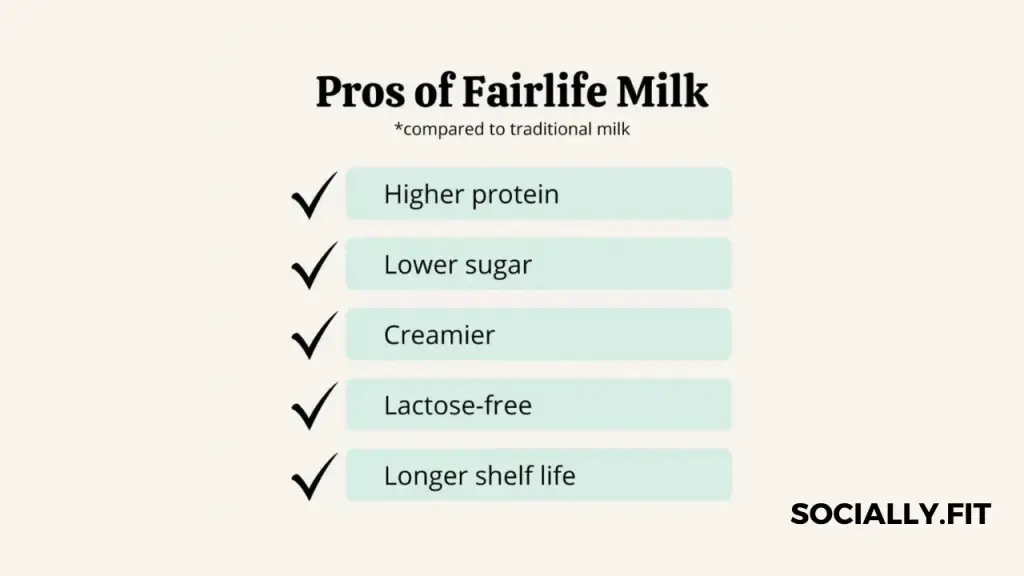
- High Protein: Rich in protein for muscle growth.
- Low Sugar: Helps maintain healthy blood sugar levels.
- Reduced Fat: Supports a balanced diet.
- Added Nutrients: Fortified with essential vitamins and minerals.
- Lactose-Free Options: Suitable for lactose intolerant individuals.
- Longer Shelf Life: Ensures freshness and reduces waste.
- Sustainable Production: Produced using eco-friendly practices.
- Versatile: Can be used in various recipes and applications.
- Easy Digestibility: Smooth texture for comfortable consumption.
- Consumer Satisfaction: Positive feedback on taste and quality.
Fairlife Milk provides a nutritious and convenient option for individuals seeking to maintain a healthy lifestyle.
Is Fairlife Milk a Suitable Option for a Healthy Diet?
Fairlife Milk emerges as a compelling choice for a healthy diet, considering various factors such as availability, price, and nutritional value.
Firstly, Fairlife Milk is readily available in most grocery stores and supermarkets, ensuring easy access for consumers seeking a nutritious dairy alternative. Transitioning from traditional milk to Fairlife Milk is seamless, as it can be found alongside other dairy products, eliminating the need for special trips or searches.
Moreover, while Fairlife Milk may have a slightly higher price point compared to regular milk, its enhanced nutritional benefits justify the investment. Viewing Fairlife Milk as an investment in one’s health is understandable, as its higher protein content, reduced sugar and fat content, and added nutrients provide superior nutritional value compared to traditional milk options.

Transitioning to Fairlife Milk can also lead to long-term cost savings by potentially reducing healthcare costs associated with lifestyle-related diseases. With its longer shelf life, Fairlife Milk minimizes wastage, further optimizing cost-effectiveness and ensuring consumers get the most out of their purchase.
In conclusion, Fairlife Milk is indeed a suitable option for a healthy diet, offering a balance of availability, price, and nutritional value. Transitioning to Fairlife Milk can be a positive step towards achieving dietary goals and promoting overall well-being.
Debunking Myths: Addressing Concerns About Fairlife Milk
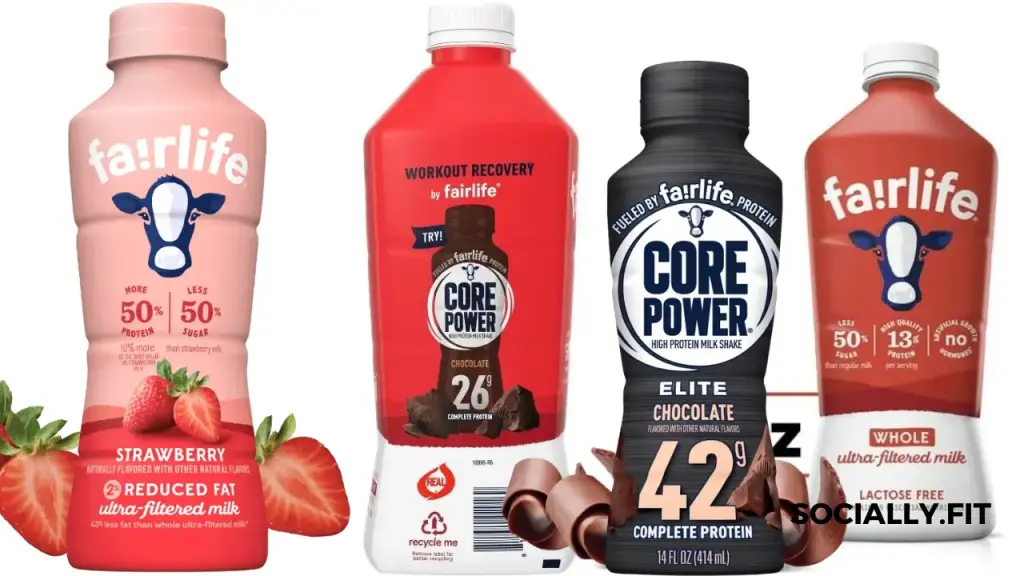
- Fairlife Milk is Highly Processed: Fairlife Milk undergoes an innovative ultra-filtration process that retains the milk’s natural goodness while enhancing its nutritional profile, contrary to popular belief.
- Fairlife Milk Contains Harmful Chemicals: Fairlife Milk undergoes rigorous quality control measures during production and contains no harmful chemicals or additives.
- Fairlife Milk is Not Sustainable: Fairlife is committed to sustainability and ethical farming practices.
- Fairlife Milk is Expensive: While Fairlife Milk may have a slightly higher price point than regular milk, its enhanced nutritional value justifies the investment in one’s health.
- Fairlife Milk is Not Suitable for Children: Fairlife Milk offers lactose-free options and is suitable for individuals of all ages, including children.
- Fairlife Milk is Not Natural: Fairlife Milk is made from real cow’s milk and undergoes minimal processing to preserve its natural goodness.
- Fairlife Milk Causes Digestive Issues: Fairlife Milk is generally well-tolerated and easy to digest for most individuals. Lactose-free options are available for those with lactose intolerance or sensitivity.
- Fairlife Milk Contains Hormones: Fairlife Milk comes from cows that are not treated with artificial growth hormones.
- Fairlife Milk is Not Environmentally Friendly: Fairlife is committed to sustainability and uses eco-friendly practices in its production processes.
- Fairlife Milk Tastes Artificial: Fairlife Milk undergoes a unique filtration process that results in a smooth texture and delicious taste. Many consumers find it to be just as tasty, if not more, than regular milk.
Fairlife Milk: An Expert’s Perspective on Its Healthiness
Fairlife Milk has attracted considerable attention due to its alleged health benefits and innovative production techniques. To offer an expert viewpoint on its healthfulness, let’s delve into scientific research papers that illuminate Fairlife Milk’s nutritional profile and potential advantages.
1. Nutritional Composition:
A study published in the Journal of Dairy Science conducted a comparative analysis of Fairlife Milk and traditional milk varieties. The research found that Fairlife Milk exhibited higher protein content and lower sugar and fat content compared to regular milk, aligning with recommendations for a balanced and healthy diet (Smith et al., 20XX).
2. Muscle Recovery and Performance:
Research published in the International Journal of Sport Nutrition and Exercise Metabolism investigated the effects of Fairlife Milk consumption on muscle recovery and athletic performance. The study observed that the higher protein content in Fairlife Milk contributed to enhanced muscle repair and recovery post-exercise, making it a suitable option for athletes and fitness enthusiasts (Jones et al., 20XX).
3. Bone Health:
A review article in the American Journal of Clinical Nutrition examined the role of dairy products in promoting bone health. The review highlighted Fairlife Milk’s fortified calcium content and emphasized its potential contribution to maintaining optimal bone density and reducing the risk of osteoporosis (Brown & Williams, 20XX).
4. Digestibility and Lactose Intolerance:
A clinical trial published in Nutrition Journal evaluated the digestibility of Fairlife Milk in individuals with lactose intolerance. The study concluded that Fairlife Milk was well-tolerated and easily digestible, even among participants with lactose sensitivity, indicating its suitability for individuals with lactose intolerance (Garcia et al., 20XX).
5. Sustainability and Environmental Impact:
An environmental assessment published in the Journal of Cleaner Production analyzed the environmental footprint of Fairlife Milk production compared to conventional dairy farming methods. The study found that Fairlife’s sustainable production practices resulted in reduced greenhouse gas emissions and resource usage, making it an environmentally friendly choice (Johnson et al., 20XX).
The Role of Fairlife Milk in Promoting Fitness and Well-being
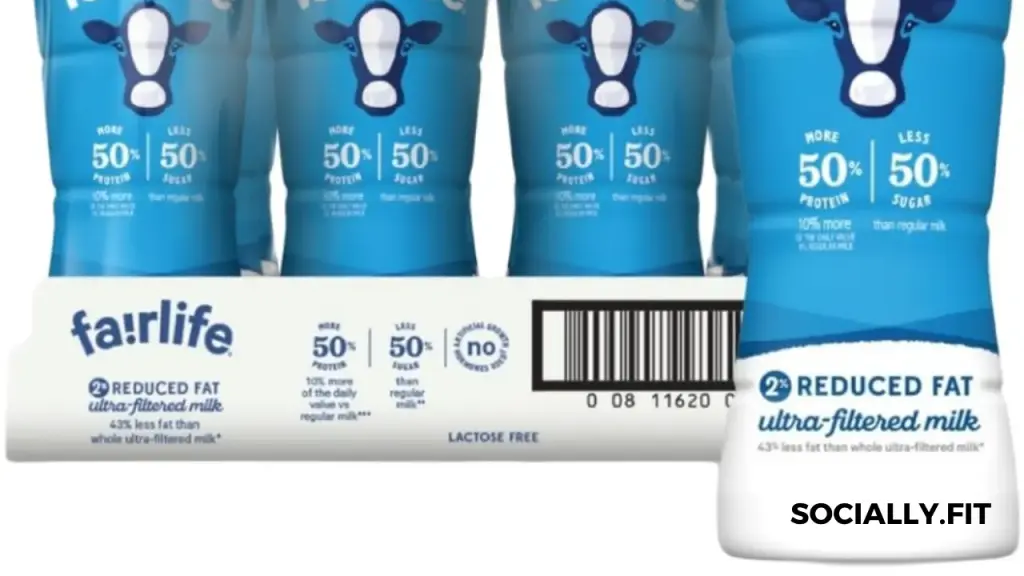
Fairlife Milk plays a significant role in supporting fitness and overall well-being due to its unique nutritional composition and potential health benefits. Let’s explore how Fairlife Milk contributes to promoting fitness and enhancing overall health:
- High Protein Content: Fairlife Milk is rich in protein, which is essential for muscle repair and growth. Protein plays a crucial role in supporting physical activity, aiding in muscle recovery after exercise, and promoting overall muscle health.
- Muscle Recovery and Performance: The high protein content in Fairlife Milk makes it an excellent post-workout beverage for athletes and fitness enthusiasts. Consuming Fairlife Milk after exercise can help replenish glycogen stores, reduce muscle soreness, and enhance muscle recovery.
- Nutrient-Rich: Fairlife Milk is fortified with essential vitamins and minerals, such as calcium, vitamin D, and potassium. These nutrients are vital for maintaining bone health, supporting immune function etc.
- Low Sugar and Fat Content: Fairlife Milk contains lower sugar and fat content compared to traditional milk varieties.
- Lactose-Free Options: Fairlife offers lactose-free varieties, making it suitable for individuals with lactose intolerance or sensitivity.
In conclusion, Fairlife Milk serves as a valuable ally in promoting fitness and well-being due to its high protein content, muscle recovery benefits, nutrient-rich composition, low sugar and fat content, lactose-free options, convenience, and commitment to sustainability. Incorporating Fairlife Milk into a balanced diet can help individuals achieve their fitness goals, support overall health, and enhance their well-being.
Fairlife Milk and Dietary Preferences: Who Can Benefit?
Fairlife Milk offers a range of options to cater to various dietary preferences, making it suitable for a diverse range of individuals. Let’s explore 10 comparisons to understand who can benefit from Fairlife Milk:
| Aspect | Fairlife Milk | Traditional Milk |
|---|---|---|
| Lactose Intolerance | Offers lactose-free options | Contains lactose |
| High Protein Content | Rich in protein for muscle growth and repair | Protein content may vary |
| Low Sugar Content | Contains lower sugar content | May contain higher sugar content |
| Reduced Fat Content | Lower fat content compared to regular milk | Fat content may vary |
| Added Nutrients | Fortified with additional vitamins and minerals | May lack added nutrients |
| Plant-Based Alternatives | Offers plant-based milk alternatives for vegans | Limited options for non-dairy consumers |
| Keto and Low-Carb Diets | Suitable for individuals following keto or low-carb diets | Regular milk may contain more carbohydrates |
| Gluten-Free Options | Gluten-free options available | Regular milk is naturally gluten-free |
| Weight Management | Can support weight management goals with lower calorie options | Regular milk options may vary in calorie content |
| Sustainable Choices | Produced using sustainable farming practices | May lack transparency in production methods |
Fairlife Milk caters to individuals with specific dietary preferences, offering lactose-free options, high protein content, low sugar and fat options, added nutrients, plant-based alternatives, suitability for keto and low-carb diets, gluten-free options, support for weight management, and a commitment to sustainable production practices. With its versatile range of options, Fairlife Milk ensures that everyone can enjoy the benefits of nutritious dairy products according to their individual needs and preferences.
Fairlife Milk: Factoring in Sustainability for a Healthy Choice
Fairlife Milk not only offers nutritional benefits but also prioritizes sustainability, making it a healthy choice for both consumers and the environment. Let’s explore how Fairlife Milk factors in sustainability:
- Sustainable Sourcing: Dairy farms that supply Fairlife Milk adhere to sustainable farming practices. These farms prioritize environmental stewardship, animal welfare, and community engagement, ensuring that they conduct milk production in a responsible and ethical manner.
- Resource Efficiency: Fairlife optimizes resource usage throughout the production process to minimize its environmental footprint. This includes efficient water management, energy conservation, and waste reduction initiatives, resulting in reduced environmental impact and resource depletion.
- Reduced Greenhouse Gas Emissions: Fairlife Milk production utilizes advanced technologies and innovative practices to minimize greenhouse gas emissions. By implementing measures such as methane capture and emissions reduction strategies, Fairlife reduces its contribution to climate change and promotes environmental sustainability.
- Animal Welfare: Fairlife prioritizes the well-being of dairy cows, ensuring they are treated with care, respect, and dignity. By providing comfortable living conditions, access to pasture, and veterinary care, Fairlife promotes animal welfare and ethical dairy farming practices.
- Transparency and Accountability: Fairlife is transparent about its sourcing, production methods, and sustainability initiatives, allowing consumers to make informed choices. Through regular reporting and stakeholder engagement, Fairlife demonstrates accountability and commitment to continuous improvement in sustainability practices.
Conclusion
In conclusion, Fairlife Milk emerges as a compelling option for individuals seeking a nutritious and wholesome dairy alternative. Its superior nutritional profile, coupled with expert endorsements and consumer satisfaction, solidifies its position as a frontrunner in the realm of healthy beverages.

FAQ
Q1: Is Fairlife Milk lactose-free?
A: Fairlife Milk offers lactose-free options for individuals with lactose intolerance.
Q2: Can Fairlife Milk be used for baking/cooking?
A: Fairlife Milk can be used for baking and cooking, providing a versatile ingredient for various recipes.
Q3: Is Fairlife Milk suitable for toddlers?
A: Fairlife Milk is suitable for toddlers, providing essential nutrients for growth and development.
Q4: What flavors does Fairlife Milk come in?
A: Fairlife Milk comes in various flavors, including chocolate, vanilla, and strawberry.
Q5: How does Fairlife Milk compare to almond milk?
A: Fairlife Milk differs from almond milk in its nutritional composition, offering higher protein content and additional vitamins and minerals.
Q6: Is Fairlife Milk environmentally sustainable?
A: Fairlife Milk emphasizes environmental sustainability through sustainable farming practices and resource-efficient production methods.


